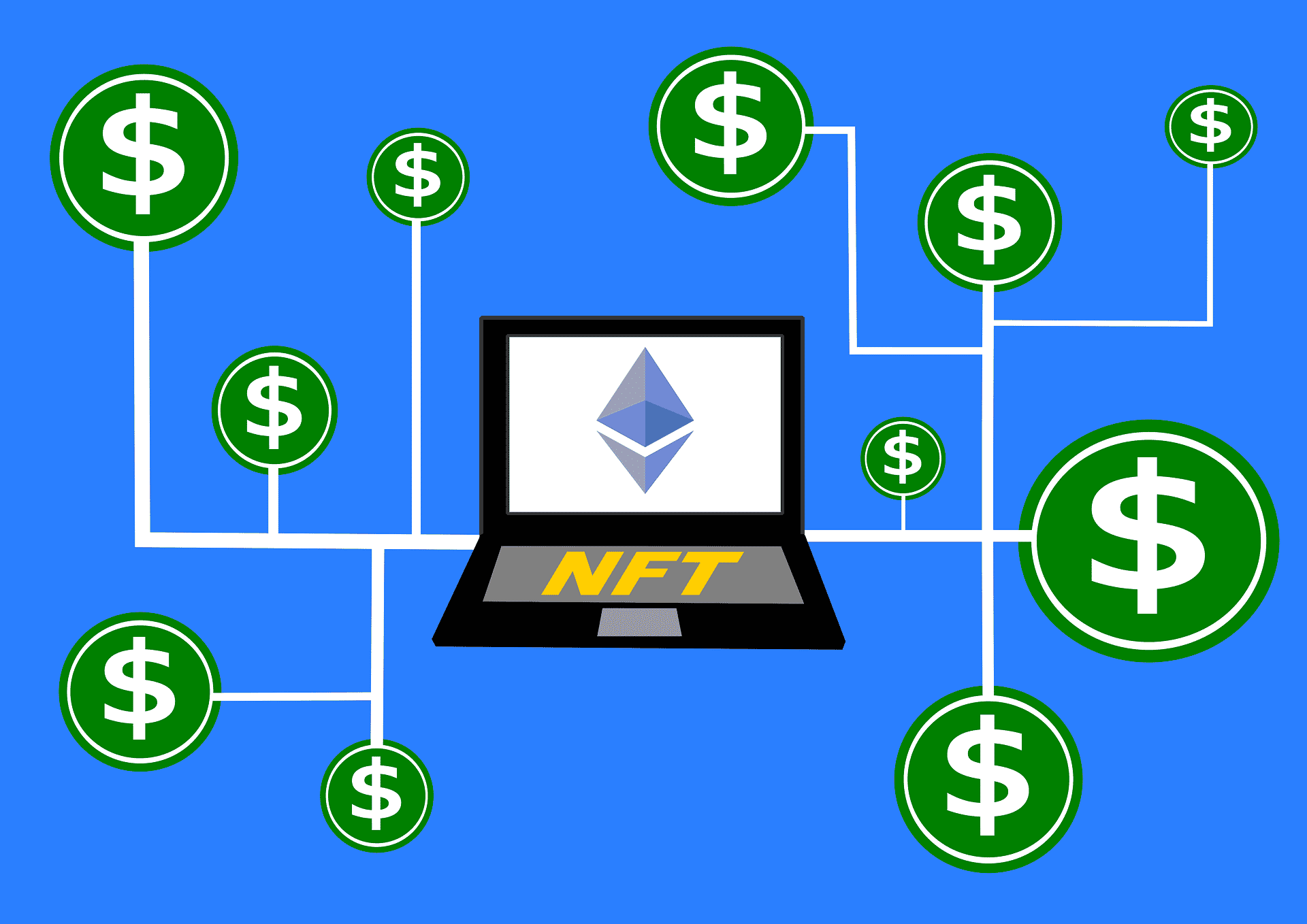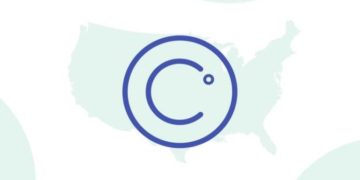Pearson, a textbook publisher, plans to use NFTs to profit from second-hand sales of its digital textbooks.
The secondary market will be reduced as a result of Pearson, a publisher of textbooks, using non-fungible tokens (NFTs) to track digital textbook sales.
Andy Bird, the CEO of Pearson, reportedly intends to attach NFTs to the company’s digital textbooks in order to better track sales and recoup money that was previously wasted on the used book market, according to a Bloomberg report from August 1.
Bird aims to leverage technology to generate revenue from the private, second-hand sales of its textbooks that typically occur between students. Bird observed:
“Technology like blockchain and NFTs allows us to participate in every sale of that particular item as it goes through its life. The possibility to participate in downstream revenues […] I find it really interesting.”
He mentioned that during the course of its existence, a Pearson textbook is often sold up to seven times.
Bird stated that his organization will be looking for methods to make use of the Metaverse as Pearson investigates its options with blockchain technology to scrap additional selling profits.
If Metaverse’s market cap rises to $50 billion or more by 2026 as predicted, doing business there could be profitable in the medium term.
The publisher with its headquarters in London is one of an increasing number of academic institutions investigating the Metaverse. The first classroom in the Metaverse was made available by the Hong Kong University of Science and Technology (HKUST) last week.
However, the community has voiced some disapproval of the company’s plans to use NFTs.
While admitting that this is “certainly where NFT tech is heading,” some academics, like Intel researcher Zane Griffin Talley Cooper, criticized Pearson’s “predatory academic publication.” Cooper added, “We need to watch this stuff closely,” to his tweet from August 2nd.
Others claim that despite what Pearson claims, NFT technology is not even used in its purported plans for NFTs.
Ian Cutress, a technology analyst, claimed in a tweet on August 2 that “NFT is simply a jargon here” and that what Pearson is referring to as an NFT is really a code that second-hand book buyers will need to pay for in order to activate their digital books.
With a projected $4.2 billion in revenue in 2021, Pearson is already among the biggest publishers in the world. Worldwide, high schools, colleges, and universities use their textbooks.
Check out our latest crypto news.
DC Forecasts is a leader in many crypto news categories, striving for the highest journalistic standards and abiding by a strict set of editorial policies. If you are interested to offer your expertise or contribute to our news website, feel free to contact us at editor@dcforecasts.com
























Discussion about this post